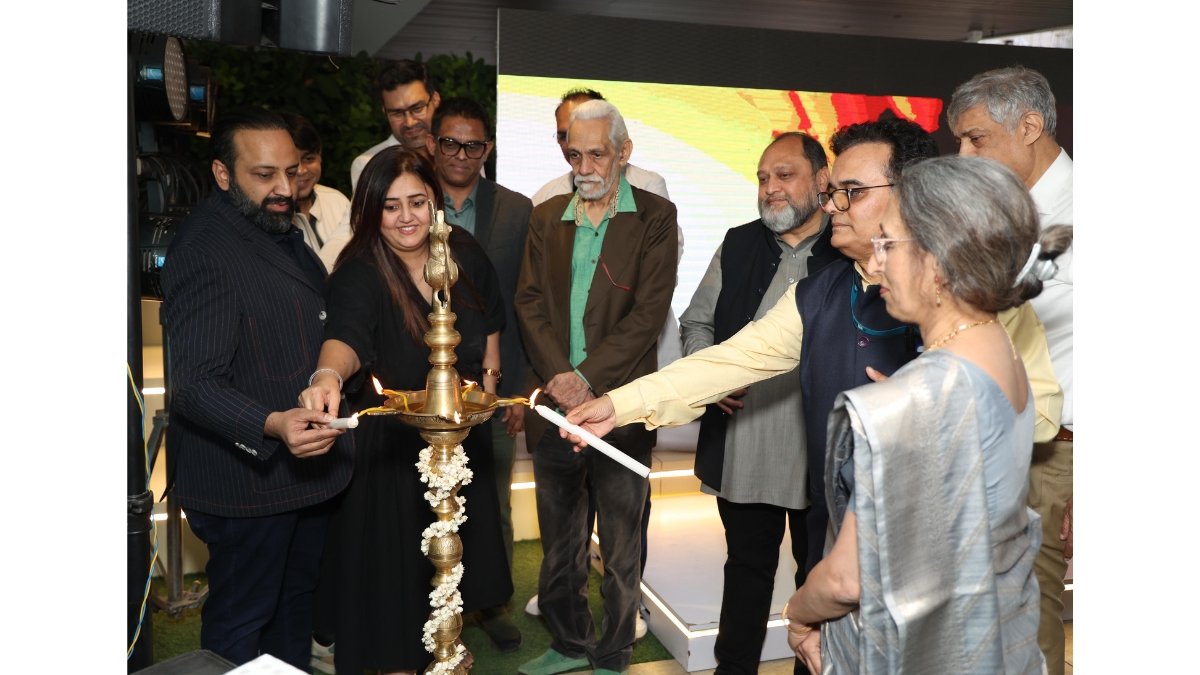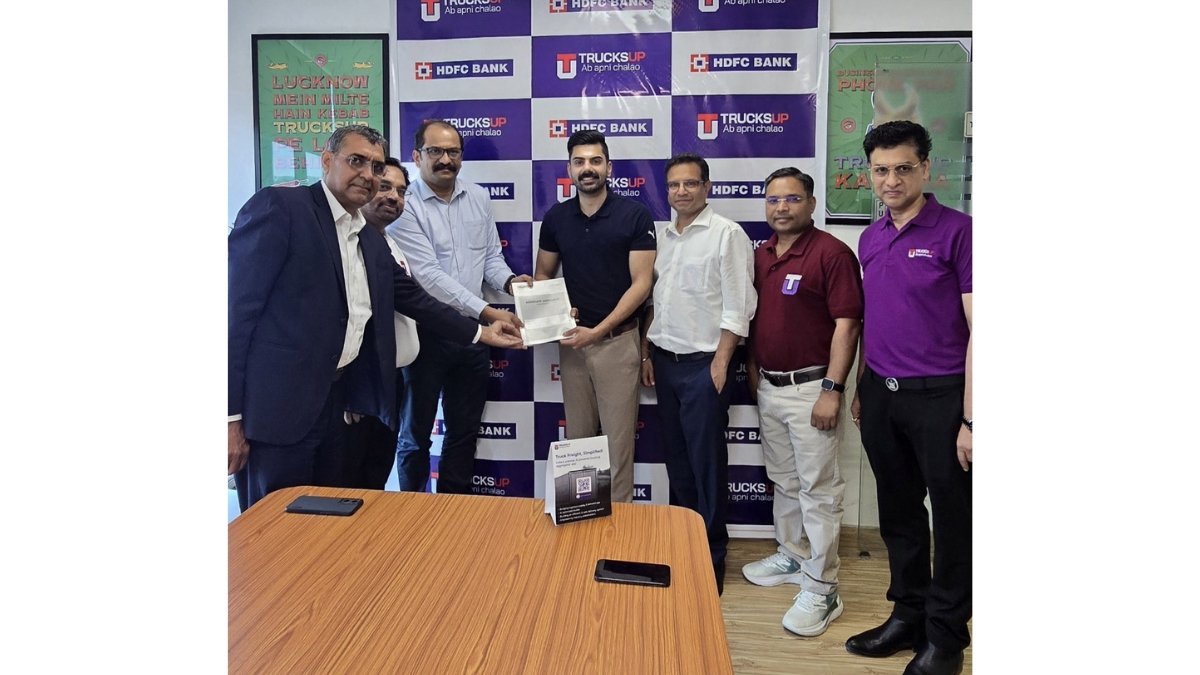
Susheela Singh, Rubina Hussain, Chander Shekhar, Rajib Acharya, Melissa Stillman, Ann M Moore
New Delhi [India], June 9: Abortion in India continues to face high levels of stigma– this stigma pushes women seeking abortion away from legal services; curtails dissemination of information on abortion, and affects the delivery of essential services in the public health system. Consequently, millions of women prefer not to go to public health facilities for abortion services. It is estimated that 78% of the 15.6 million abortions that take place each year in India occur in non-facility settings, mainly through medical abortion pills.
Newly published evidence (Incidence of Treatment for Postabortion Complications in India, 2015) in BMJ Global Health further suggests that in 2015, 5.2 million women in India received treatment for induced abortion complications, a treatment rate of 15.7 per 1000 women aged 15–49; comparable to countries where abortion law is highly restrictive, and unsafe abortion is likely to be prevalent. Notably, many of the patients who were treated for postabortion complications resulting from the use of medical abortion pills may not have needed treatment to complete their abortion – if they had been provided accurate information on how the method works, what to expect after taking the pills, and how to recognize a complication.
On March 16th, 2021, the Indian Parliament passed amendments to the Medical Termination of Pregnancy (MTP) Bill 2020; while on the one hand the Bill is being applauded for removing some recurring barriers for women seeking abortions; it is also being criticized for not empowering women with complete choice. However, we should not underestimate the opportunities this policy reform brings: It has the potential to improve the experiences of millions of women who terminate unintended pregnancies in India each year.
Firstly, the MTP Act and its Regulations and operational guidelines currently only permit obstetrician gynaecologists and MBBS doctors who have been trained and registered to provide abortion in approved facilities. Therefore, policymakers need to consider expanding the provider base for legal abortion services. Registered providers in unapproved facilities may provide medical abortion; however, they must have referral linkages to approved facilities. The training requirements as laid out in the abortion law are rigorous and do not distinguish between surgical and medical methods of abortion. Given this situation, the government could increase access to safe abortion services by permitting and providing simplified training to a larger number of providers, who would then be certified to provide medical abortion only. This will not only significantly increase the options for women seeking abortion services but also leverage the potential of medical abortion technology. The paper also recommends that to ensure that women seeking abortions are well-supported and provided credible information, including on referral facilities, policies should extensively cover community health intermediaries and equip them with adequate information to direct and guide women looking to terminate an unwanted pregnancy.
Secondly, there is a need to improve the experience of women seeking treatment for post-abortion complications in public facilities. In the study – Incidence of Treatment for Postabortion Complications in India, 2015- conducted in six Indian states—Assam, Bihar, Gujarat, Madhya Pradesh, Tamil Nadu, and Uttar Pradesh, respondents estimated that a variable but high proportion of all women receiving postabortion care were admitted with incomplete abortion from use of medical abortion; Prolonged or abnormal bleeding and incomplete abortion resulting from use of methods other than medical abortion were also common complications. However, it should be noted that the clinical efficacy of medical abortion in the early gestation period is95%–98% when the method is used correctly and drugs are of high quality, and at a minimum 2%–5% of all users of medical abortion would have incomplete abortions and may need medical treatment.
Since most medical abortion users in India obtain the method outside of the formal health system and the method they are using is highly effective, the paper points to the possibility for patients to experience an incomplete abortion or other complications as a result of the medication being administered incorrectly or the medication is being compromised. Nevertheless, this points to the important recommendation that to improve women’s experience of using medical abortion, all women who use medical abortion (and especially those who obtain it outside of facilities) must receive accurate information and good quality medical abortion supplies. However, for those who still approach facilities for treatment of post-abortion complications following medical abortion, there is a need to address a range of issues such as inadequate privacy and confidentiality, provider biases, and cost barriers.
Lastly, it is imperative that women have access to accurate information on medical abortion regardless of the source of care preferences. One way to do this, as the paper recommends, would be to improve access to information via inserts in medical abortion packets to help facilitate women’s ability to use the method correctly, know what to expect and when to seek care. There is also a need for innovative approaches for public dissemination of information about the correct usage of the method by means that reach more women.
Medical abortion is a safe and effective technology that has had a major impact in opening up access to safe abortion for women in India. It is imperative that we leverage it for expanding legal providers in the formal health system while also making accurate information available to women on the usage of the method.
This article is based on a research paper:
Singh S, Hussain R, Shekhar C, et al. Incidence of treatment for postabortion complications in India, 2015. BMJ Global Health 2020















